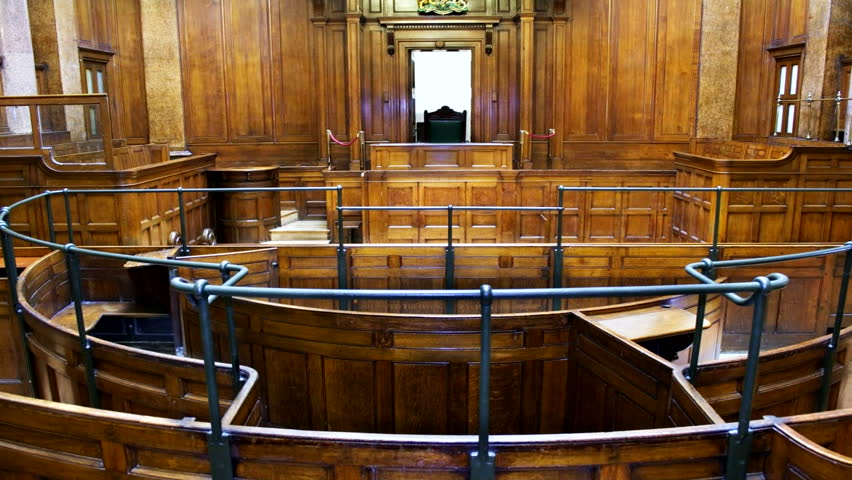Crown Court Backlog Reaches 80,000 Cases – What It Means for Defendants

The Court Backlog Causes Issues On Both Sides Of The Criminal Justice System
The Crown Court backlog in England and Wales has reached a record high of almost 80,000 cases, raising urgent concerns about the rights of defendants who now face waiting years before their trials are heard.
Justice Delayed – Defendants in Limbo
Figures from the Ministry of Justice show that by the end of June 2025, the caseload had risen to 78,329 open cases, up 10% on the previous year.
Some defendants are now being offered trial dates as far ahead as October 2029.
For those accused of crimes, this means living under the cloud of unresolved allegations for years.
Bail restrictions, electronic tags, and the social stigma of pending charges can severely disrupt lives – even before a verdict is reached.
In some cases, defendants are remanded in custody for months or years awaiting their day in court, raising questions about whether the principle of a “fair and timely trial” is being upheld.
The Scale of the Problem
- 19,164 cases have now been open for over a year – a 17% rise.
- Sexual offence cases rose by 20% year-on-year, now at 13,238.
- Violence against the person cases also surged 15%, reaching 24,364.
- Rape prosecutions are at record levels, with 1,291 cases entering Crown Court in a single year.
The backlog is also filtering down to magistrates’ courts, which are now carrying a record 361,027 cases, up 25% in a year.
Impact on Defendants
Defendants awaiting trial often face:
- Extended bail conditions – limiting freedom of movement and employment.
- Remand in custody – with time served sometimes exceeding the eventual sentence.
- Emotional and financial strain – uncertainty damages mental health, family life, and work opportunities.
- Legal disadvantages – witnesses may become harder to trace, memories fade, and evidence risks going stale.
Defence lawyers warn that such delays can erode the fairness of trials, undermining the right to properly challenge the prosecution’s case.
In extreme cases, delays may give grounds for arguing abuse of process.
Calls for Reform
Riel Karmy-Jones KC, chair of the Criminal Bar Association, said the system is “crumbling and unsustainable”.
She called for reopening closed courtrooms and investing in efficiency measures to claw back wasted time.
Former judge Sir Brian Leveson has proposed radical reforms, including shifting some lower-level offences (those carrying a maximum of two years’ custody) to magistrates’ courts, and even creating new Crown Courts where trials would be heard by judges alone rather than juries.
Justice System Under Strain
Judges and inspectors have also flagged infrastructure failures as a major contributor.
Reports of asbestos, mould, broken lifts, and even flooded prison cells highlight the scale of neglect.
Recently, Westminster magistrates was forced to close due to a lack of running water – disrupting cases including high-profile defendants.
A Question of Fairness
The government argues it is investing record sums into the court system, including £7 billion for extra prison places and expanded probation.
But critics say money alone cannot fix delays.
For defendants, especially those on remand or under strict bail conditions, the current situation leaves them in limbo – sometimes for years – before their innocence or guilt is finally tested.
As one senior judge put it: “It is not a proper justice system where people are having to wait that length of time for their trial.”
How We Can Help
For any aspects of legal representation – either pre-charge or in court – call us now on 0161 477 1121 or email us.


